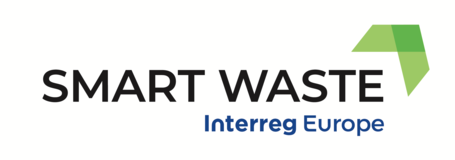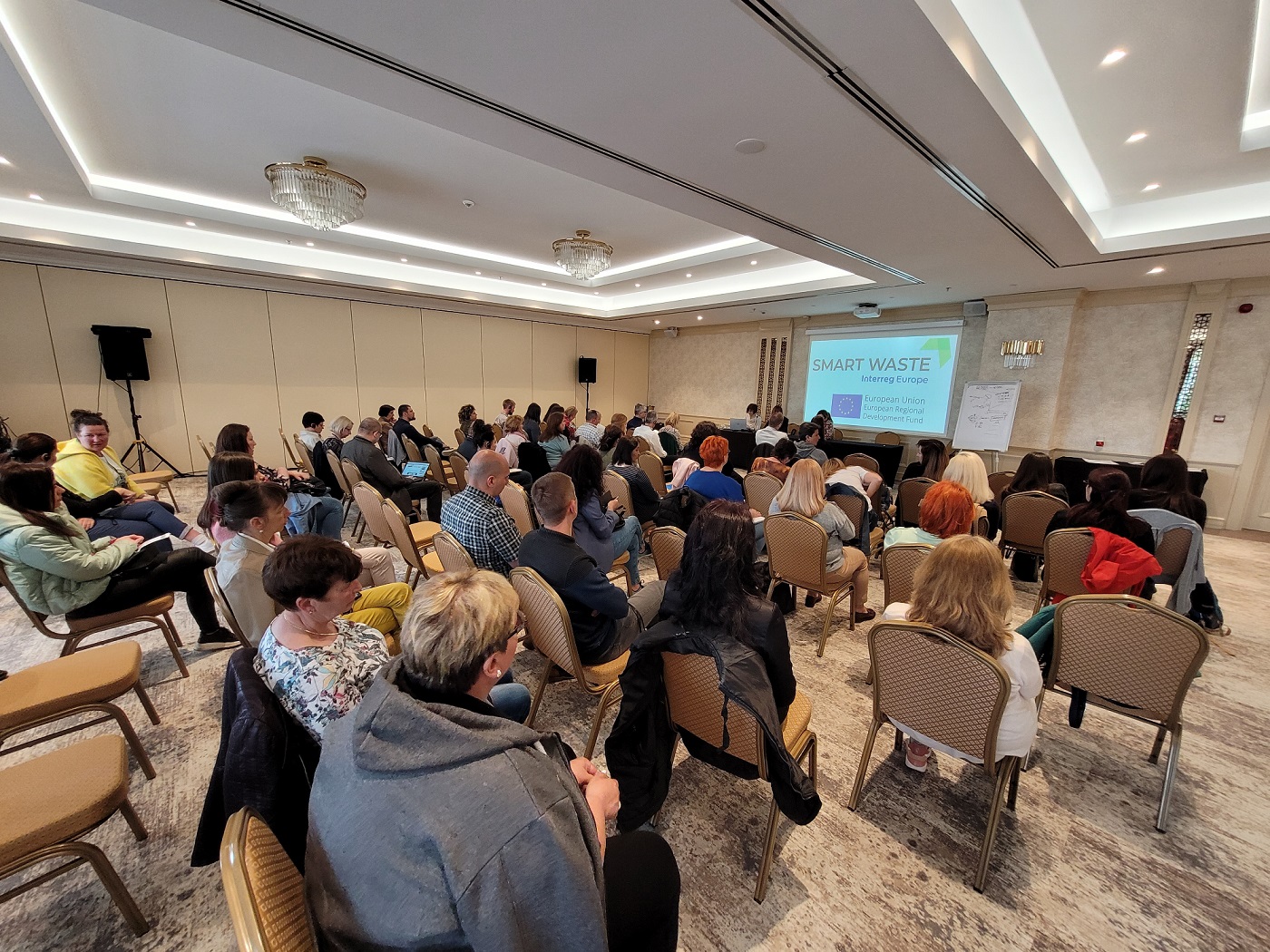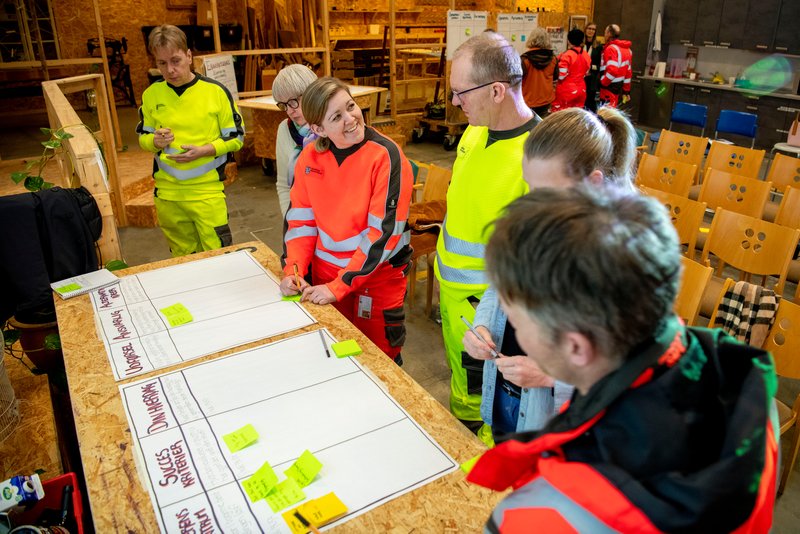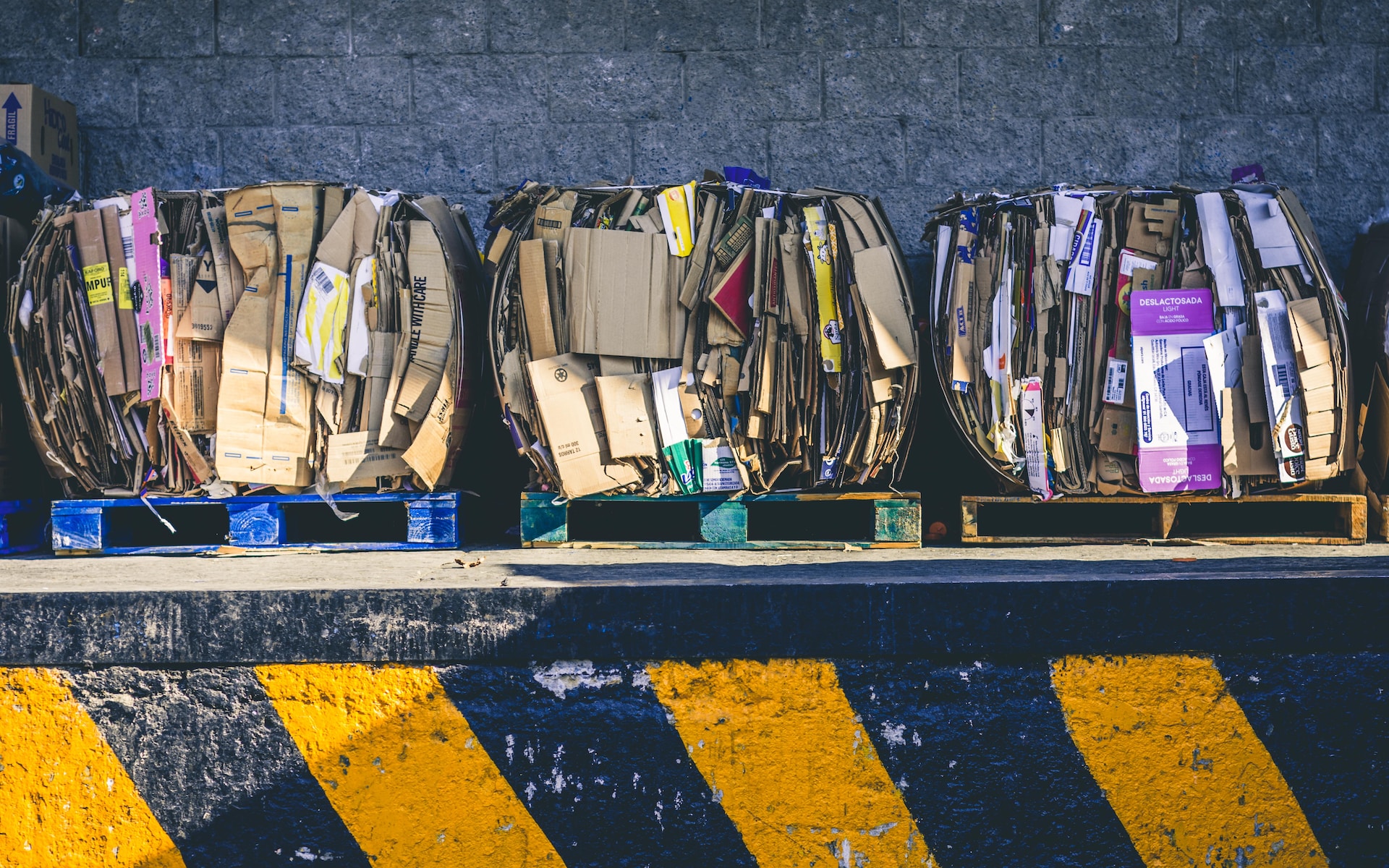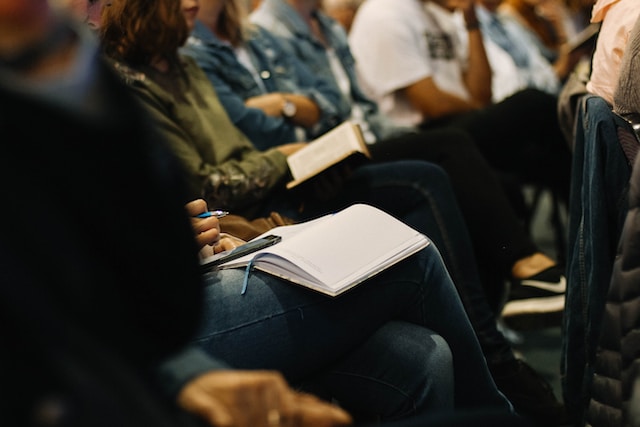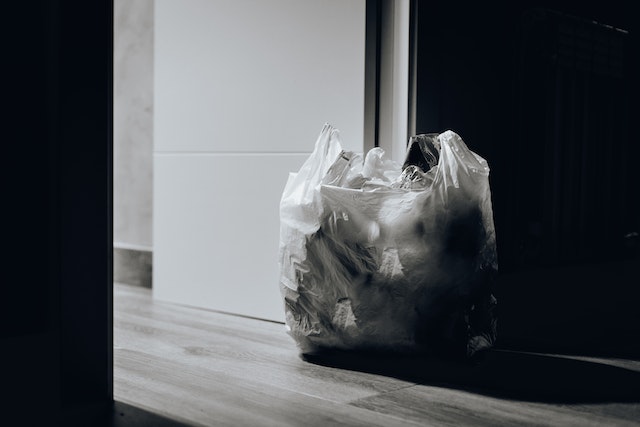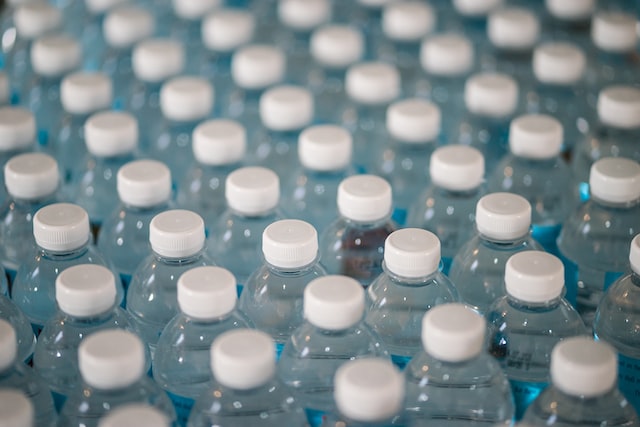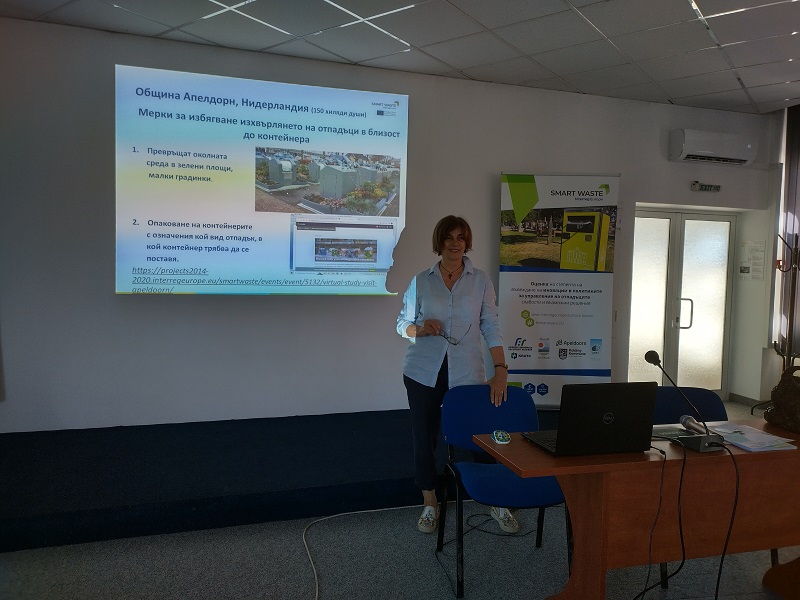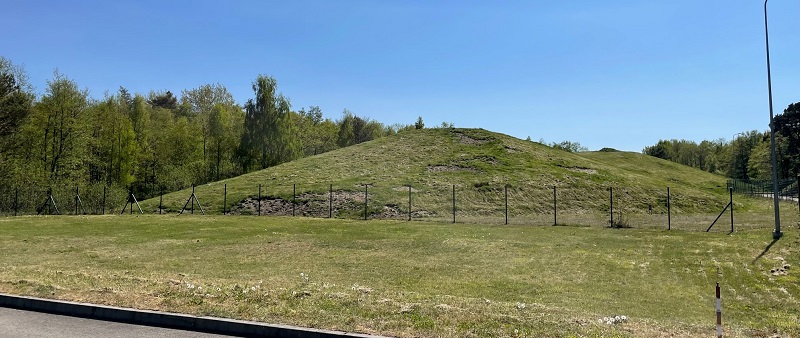Last November, Apeldoorn gathered representative of supermarkets and citizens initiatives to brainstorm about the opportunities that can be set up to reduce waste.
Participants were invited to reply to questions such as:
- Which challenges do we see to reduce waste?
- Which challenges do you see in the transition to a circular economy?
- What are your expectations for waste reduction?
- Where is your impact of influence regarding waste reduction?
- Do you need a specific support to become more circular? How can Apeldoorn help you in this process?
From the various answers received, several interesting point could be drawn and will be taken into consideration in particular regarding the communication to the users. These include:
- Extra communication is necessary, but it will only be successful when it addresses a specific group with a specific message. Thus, additional information about specific issues in identified areas or of identified groups are necessary and should be collected and analysed;
- The message of waste reduction can be brought in different places like supermarket, in school (targeting children), in public places or in thrift shops and/or the housing associations – depending on its content and the target audience;
- All these communication actions have a cost and might not lead to lesser residual waste. However, it can lead to a better understanding of the situation and less pollution of the raw materials (plastics, paper, biowaste, glass, etc.). It is a necessary first step to reach the final goal of zero waste.
